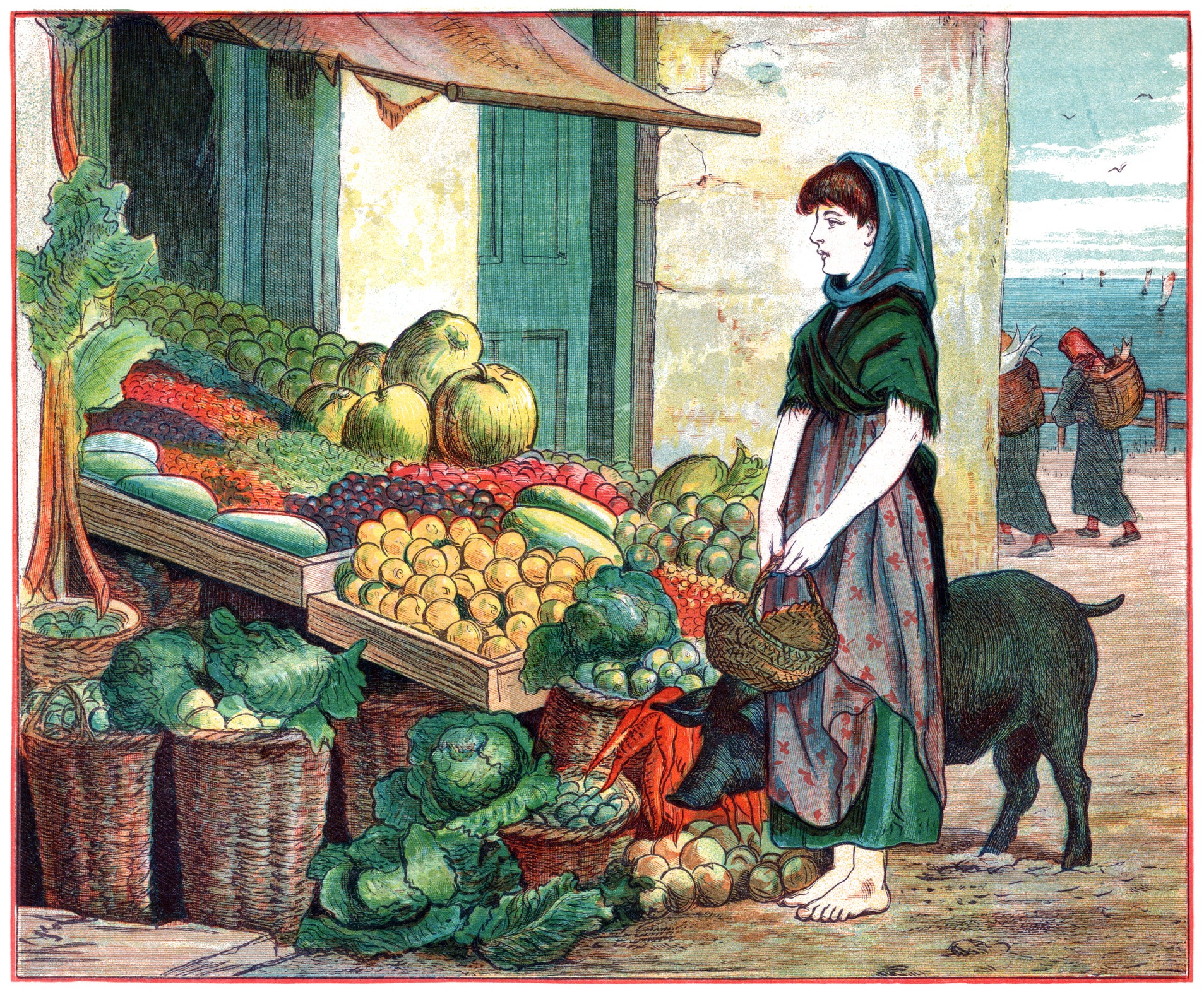Mea Culpa: Apropostrophe
Susanna Richards expounds on the appropriate use of a punctuation mark that is, to its own mind at least, anything but common

The amount of confusion generated by the tiny, curved mark known as the apostrophe is remarkable. But then again, it often seems to be the case that a very small thing can possess great power and thereby have an inordinate effect on our writing.
Take, for example, the comma – the mischievous child of English punctuation, as common as the house-sparrow and always getting into places where it isn’t supposed to be. A comma, with its impish, asymmetric smile, can throw a whole sentence into chaos, and, given the manner in which these little creatures sit around on my desk, kicking their heels against the filing drawers and calling out “Me! Me!” whenever I happen to pause to wonder which mark I need, I suspect they secretly enjoy it.
But back to the apostrophe: though visually a comma in all but location, the distinction gives it a sense of self-importance. This rubs off on all of us, with some keen to afford it the respect it so loftily demands, and others quite resolute in their disregard for its airs and graces. Given that my work depends on the cooperation of this fragile little creature and its fellows on the page, I take the respectful route.
“There are so many great rosé’s out there,” we wrote in a niche comment piece about wine, adding that “darker rosé’s do not mean they’re sweeter”. I don’t know who put those apostrophes there, but they were swiftly removed, being completely unnecessary. Some of us (though not all) already consider accents ungainly, though this one had to be kept; why on earth the addition of an extraneous punctuation mark should be thought appropriate, I do not know.
Another article sought to defend the right of men to walk topless around Tesco, “as though we don’t let dogs, forever with their sweet wet noses in other dog’s anal glands, into stores to sniff at the onions”. Do we? I shall never buy onions again, in that case. But regardless, the misplaced punctuation in “dog’s” – which, as most readers will know, ought to have said “dogs’” – should be grounds enough for arrest. (I suppose you could call it a grocer’s apostrophe, given the context.)
Jolly bothing weather: Summer seems to have brought with it an epidemic of carelessness in using the word “both”. In the article about half-naked shopping, the author wrote: “Religious martyrs like St Sebastian ... are shown both wounded by arrows whilst demonstrably ripped and toned.” There is absolutely no need for the “both” in that sentence; the “whilst” conveys the gist of it, which is that the two things are true at the same time.
We did it again in a report about the post-Brexit rules that govern free movement in the EU, which read: “Both the Gibraltar and UK governments are close to agreeing a treaty ...”. Both of them? I think that is already evident, given that they are in the process of agreeing something that necessarily involves two parties. And in a leader column, we said: “There can be no doubt that, for some people of Jewish heritage, the regular marches in central London ... can be intimidatory and distressing – both if experienced in person or via media coverage.” That could simply have said: “whether experienced in person ...”.
Dropping the ball: We fell victim to the whims of autocorrect in another editorial last week, when we said: “The Israeli prime minister and his supporters will no doubt be enraged by the actions of the International Criminal Court, just as they were when South Africa’s claim against the Israeli government was playable enough to be considered by the UN-sponsored International Court of Justice.” That should have been “plausible”; even if the word we (or our device) originally typed conveyed a similar meaning, the context probably demanded one without the sporting connotation.
Involuntary redundancy: In the same article, we wrote: “Somehow, Hamas has induced Mr Netanyahu into squandering Israel’s nascent new regional alliances and the global goodwill it enjoyed after 7 October.”
“Nascent” is a lovely word that comes from the Latin for being born: it describes something that is just beginning, with the potential that implies. As such we did not need to add “new”. I sometimes wonder if we are a little too wary of words we don’t see all that often, which leads us to want to cushion them with a more familiar synonym. I think we can afford to be bolder on that front, especially when armed with a dictionary. The vocabulary of our readers should not be underestimated.
Scale anomaly: We published a very good article about the importance of casting actors with disabilities in film and TV, in which we stated: “The invisibility of disabled people on screen, whether large or small, matters.” I assumed this was a reference to the size of the screen, but it read as though we meant the size of the people, which would make less sense – though we did go on to celebrate the wonderful casting of an actor with achondroplasia as Hermia in A Midsummer Night’s Dream.
A conversational tone is all well and good, and indeed quite correct within the comment section of our website, but we must ensure that our meaning is always clear – and, in the case of punctuation, that we really do know our onions.
Join our commenting forum
Join thought-provoking conversations, follow other Independent readers and see their replies
Comments
Bookmark popover
Removed from bookmarks